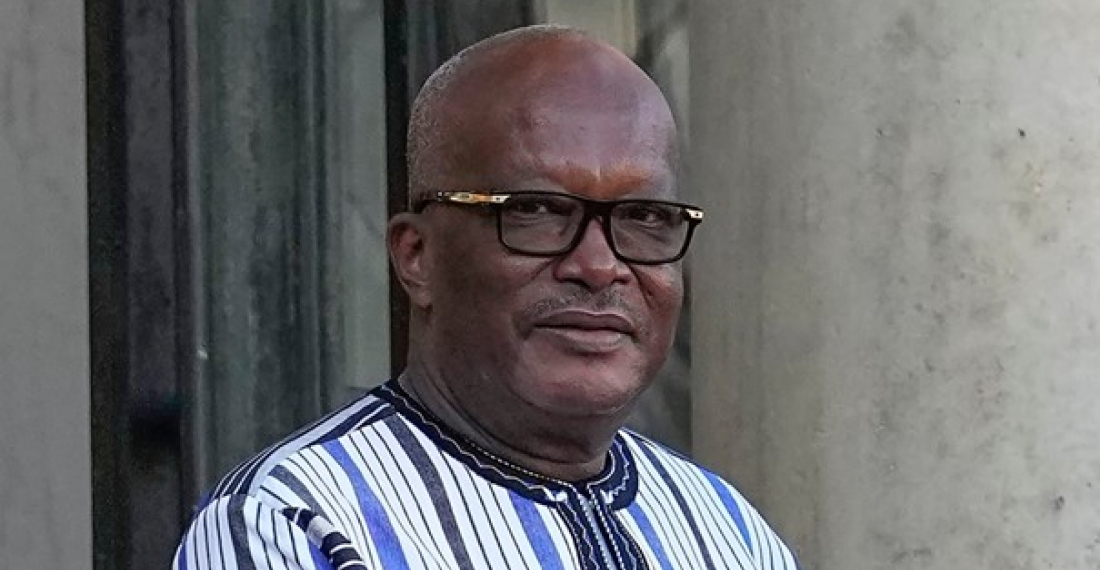Burkina Faso’s former President Roch Christian Kaboré, overthrown in a coup on the 24th of January and under house arrest since then, has been allowed to return to his home in Ouagadougou, according to the interim government.
While the transitional authorities assure that measures are being taken to ensure his transfer, the statement does not specify whether the former president will be free in his movements.
In a statement issued by Burkina Faso on Wednesday evening, 7 April, the government said that the transfer was the result of consultations initiated three weeks ago with Roch Kaboré.
Last month, several West African leaders had lobbied Ouagadougou for the release of the former president. For instance, ECOWAS - the Economic Community of West African States - asked the Burkinabe military government to release the former president "unconditionally and without delay".
The UN and the African Union had also expressed their dissatisfaction with the increasingly harsh conditions of Kaboré's detention under house arrest.
A delegation from the African Union was in the Burkina’s capital at the end of last week to discuss the issue and the transition timetable with the government.
The two-times democratically elected President Kaboré was overthrown on 24 January by a military junta led by Colonel Paul-Henri Damiba, unable to stem the jihadist violence that has plagued Burkina Faso since 2015. He was then placed under house arrest in conditions which, according to his party MPP - People's Movement for Progress - amounted to detention.
After the coup of 24 January 2022 - the fourth in West Africa in less than 18 months - the leader of the rebellion Paul-Henri Damiba signed a charter guaranteeing elections in 36 months.
ECOWAS’ committee chairman, Jean-Claude Kassi Brou, also urged the Burkinabe military junta to shorten its proposed 36-month transition to a "more acceptable timeframe". Further sanctions would be adopted if Burkina Faso did not release former President Roch Marc Kaboré by 31 March 2022.
The supranational organisation specified in its communiqué that in case of non-compliance with its demands, members of the transitional authorities of Burkina Faso will be subject to "individual sanctions".






